“Why is there no trust in us, who are part of the enforcement?”
- MACC chief commissioner Azam Baki
In reprimanding “errant cops”, Inspector-General of Police Razarudin Husain summoned up enough outrage to point to the “culture” that is destroying the integrity of the state security apparatus.
However, he stopped short of offering any kind of solutions which would go against the status quo.
I’m sure the top cop understands the politics behind this all. In the same way, the MACC head honcho clutches his pearls and wonders why people do not trust the MACC.
At the same time, we have to acknowledge that Malaysia is far safer (sometimes) than some advanced countries and much of this has to do with the state security apparatus.
Nigh-unlimited power
One of the fascinating aspects of the discussion around the recently concluded US presidential election is how pundits are missing the point when it comes to what Malaysian voters and politicians can learn from the win of Donald Trump.
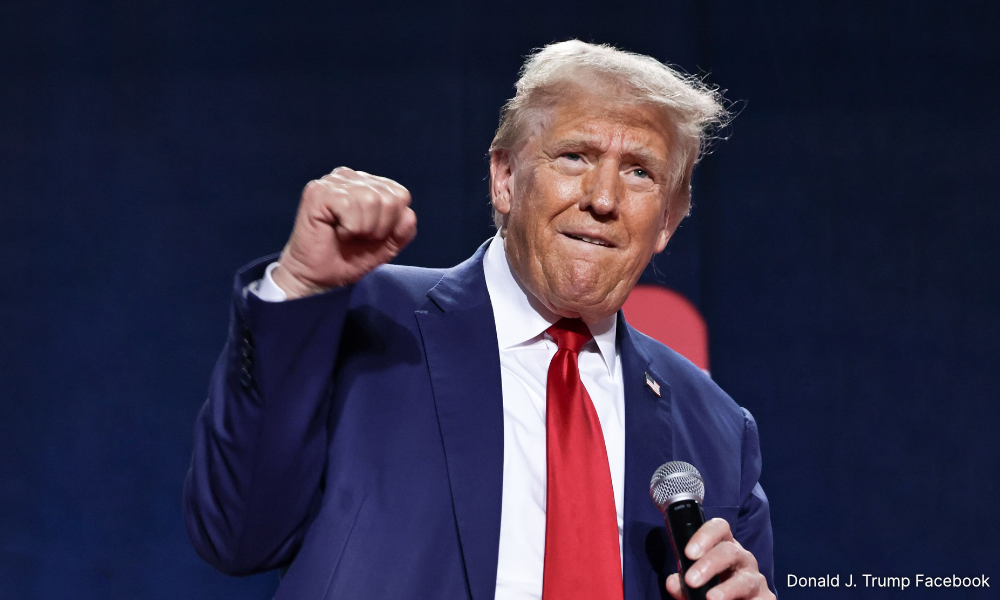
The president-elect and convicted felon’s win is about the kind of power Trump wants and how elections inadvertently grant these powers to political charlatans.
The kind of political power that Trump wants is exactly the kind of power the prime minister has in this country. Unbridled, near-unsanctioned power over all aspects of governance.
The kind of power that allows the prime minister to place loyalists in key government positions. The kind of power over the state security apparatus by appointing yes people and by exploiting the various power groups within political, religious, and enforcement agencies. The kind of power that is left unchecked by either a servile congress or an impotent but vociferous one.
With this kind of power, the executive enables the kind of dishonourable and self-serving behaviour that the IGP laments, infecting the state security apparatus and every other federal and state agency that is supposed to serve the rakyat.
If politicians are not held accountable, then why should big shots within law enforcement? That is how many within the state security apparatus feel.
When cops threatened to vote opposition
This lack of accountability is best exemplified not in cases of high-ranking police officers who were caught for commercial crimes but in tragedies like Wang Kelian.
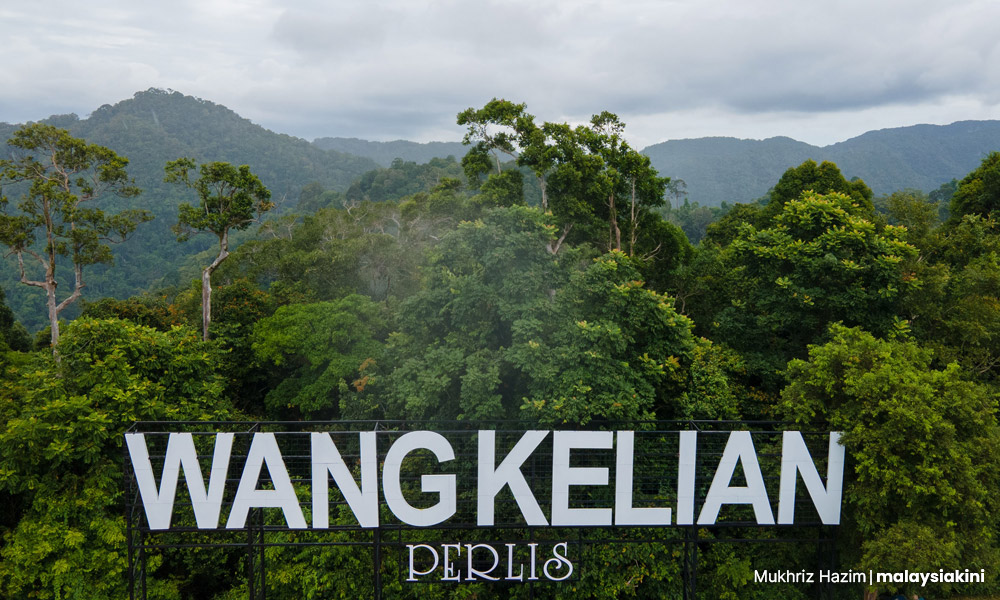
Keep in mind that this country and its successive governments have not acknowledged and exposed the terrible truths of Wang Kelian.
The fact is that Wang Kelian could not have happened if there was no collusion among crime syndicates, the state security apparatus and most importantly, the political class who were needed to facilitate and give legitimacy to a cover-up.
We are talking about high crimes perpetrated by local actors working in concert with foreign high-ranking officials.
Bukit Aman, when this issue first seeped into the mainstream media, claimed that there was no evidence that any police personnel were involved.
Never mind that evidence was tampered with. Never mind that there was circumstantial evidence of wrongdoing. Never mind that political operatives from the highest levels of the government were repeating the same denials as the state security apparatus, despite there having been no independent investigation.
Have you ever wondered why the police object to the Independent Police Complaints and Misconduct Commission (IPCMC)?
In 2006, Malaysiakini highlighted an internal bulletin where the police threatened to vote for the opposition if an IPCMC was implemented.
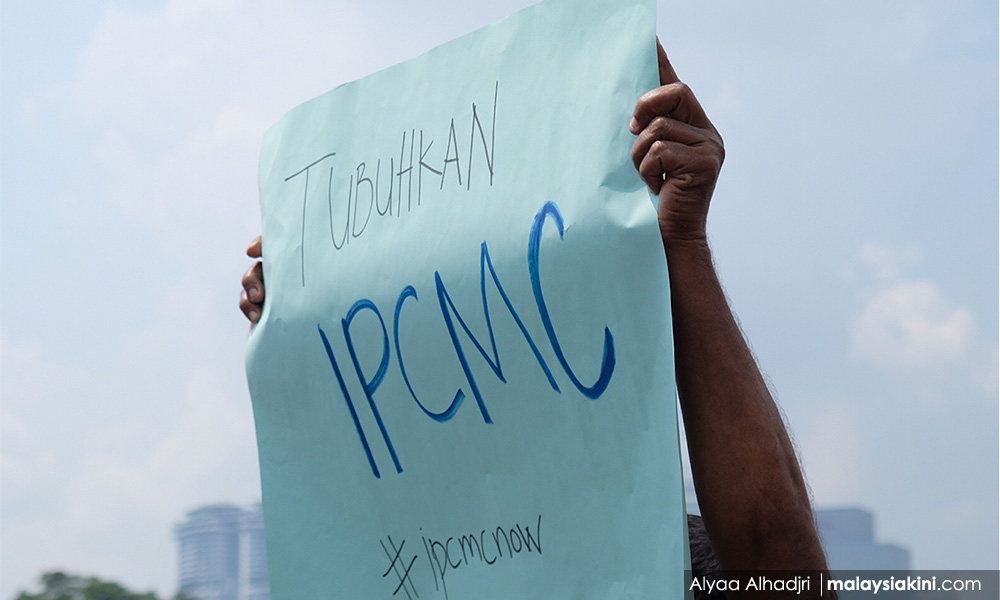
In that special edition bulletin (which readers will discover was contentious only because various proxies were either trying to disavow or claim ownership), one of the points against the setting up of the IPCMC was this:
“Let the politicians be aware that they will eventually lose powers, control, and influence over a neutral, professional and people-centred police (as suggested by the Royal Police Commission).”
Of course, this is a strange point to make if one is really interested in the proposition that the state security apparatus should be neutral. If neutrality was indeed the goal, independent commissions not beholden to political interests would be desired as opposed to political operatives whose motives would always be questioned.
Police cartels
However, it is an interesting point, because the top brass of the police then and now seem to think political interference is beneficial to public order. Hence, for law enforcement, political interference is a net plus and this makes their job easier when everyone is scratching each other’s back, while some attempt to pick a pocket or two.
How does it make their job easier? All you have to do is look at the Copgate affair, where two IGPs - Musa Hassan and Abdul Hamid Bador - had a battle royale.
Here is a snippet that gives us an inkling of the nexus between the security services and organised crime - “Tengku Goh is reportedly an underworld boss who enjoyed Musa’s backing when Musa was Johor police chief.
“Musa was said to have eliminated all loan sharks, money-laundering syndicates, gaming and drug syndicates and crime lords in Johor, but allowed Tengku Goh to continue operating - until the Bukit Aman CCID found out about Goh’s activities.”
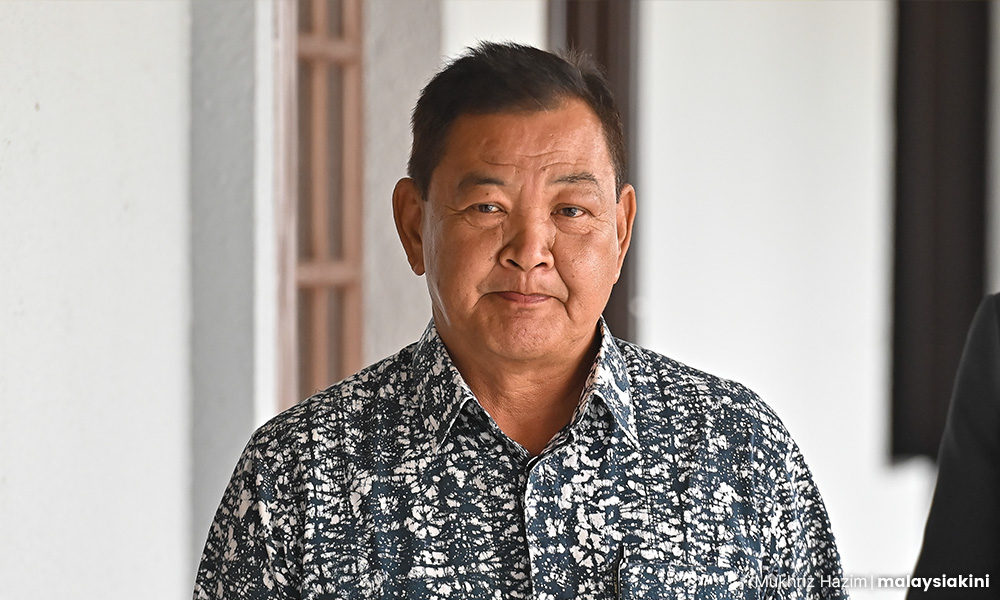
Hamid thought there was a cartel within the force out to get him and he thought he could control it. He could not.
Remember what Hamid said about politicians and about keeping the Special Branch free of political interference?
“The most notorious ones are the politicians. They have no fixed principle. One day they will jump here and another day, when they see an opportunity, they will turn the other way,” he said in the interview. “When you politicise race and religion, it can bring down the country.”
Hamid did many things wrong but at least he had the notion to attempt to bell the cat. He knew of the culture of corruption in the police. As reported in the press - Hamid said some officers still indulged in corruption, despite various warnings and advice.
The enabling politicians
While social activists, former law enforcement officers and various pressure groups are clamouring for reform, the people most often standing in their way are not the police - who do want reform for various reasons - but political operatives who stand to benefit from alliances with power groups within the police force.
What did a Special Branch report conclude on the border security apparatus in the Wang Kelian, mass graves?
“The enemy we have to fight is one that operates as an institution. We are dealing with institutionalised corruption so deeply entrenched that expecting internal discipline is like asking the chief crook to rat out on his runners,” a Special Branch officer had said.
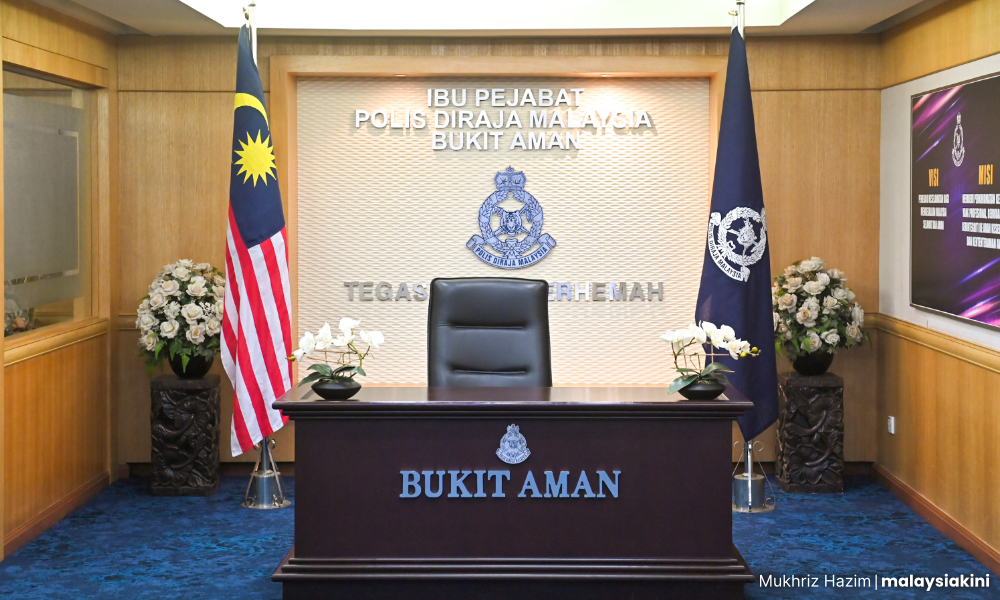
The political apparatus in this country does not want any government agency to be accountable to Parliament. It does not want any public oversight of any government agency. And as long as these agencies are not answerable to elected reps with powers to sanction aberrant behaviour, the outrage will continue without a solution.
A charlatan endeavours to make the public sceptical of government agencies to amass power and when in power, forces the public to place their faith in corrupted agencies to remain in power.
This is the most important lesson we can learn. - Mkini
S THAYAPARAN is Commander (Rtd) of the Royal Malaysian Navy. Fīat jūstitia ruat cælum - “Let justice be done though the heavens fall.”
The views expressed here are those of the author/contributor and do not necessarily represent the views of MMKtT.

No comments:
Post a Comment
Note: Only a member of this blog may post a comment.